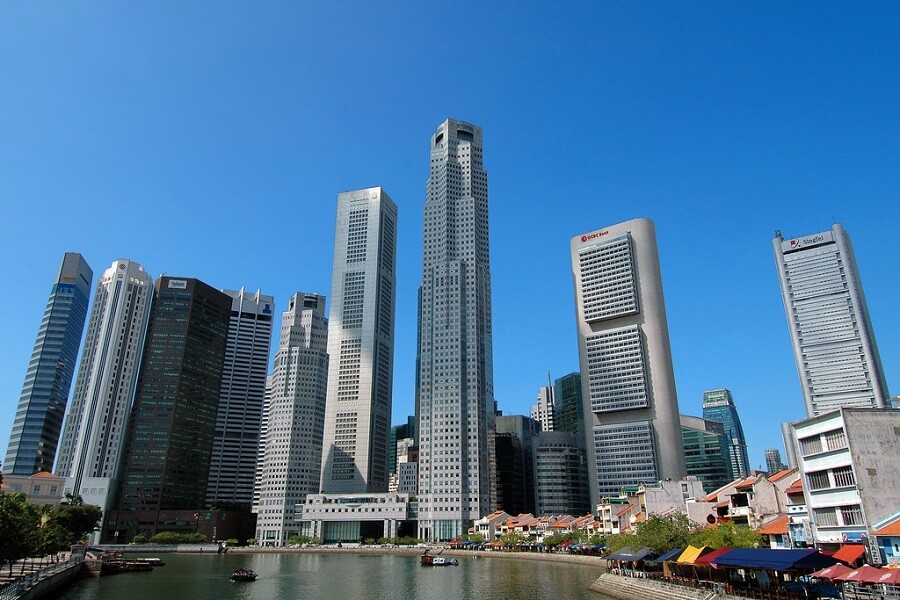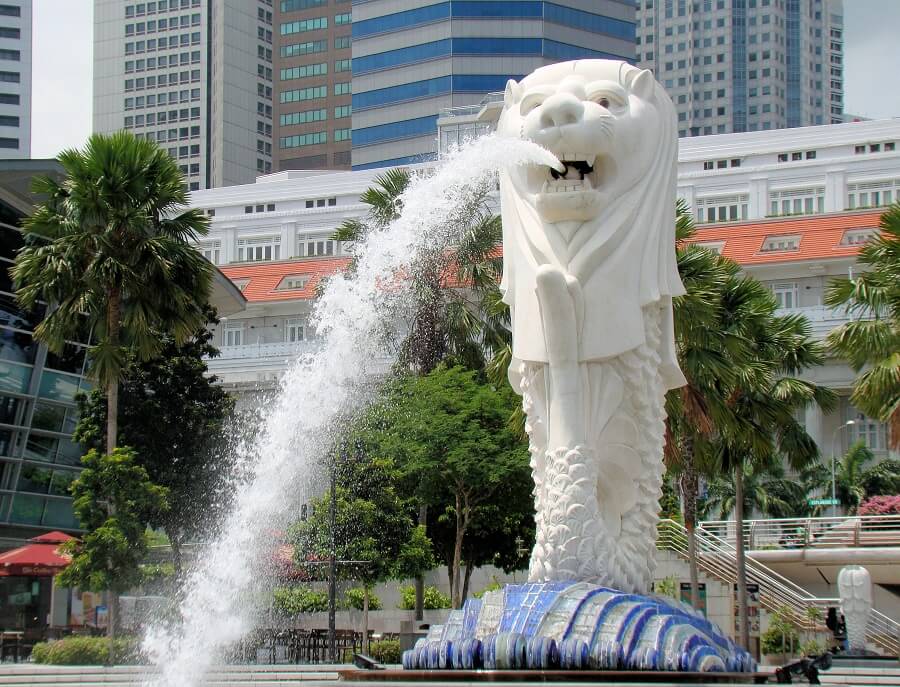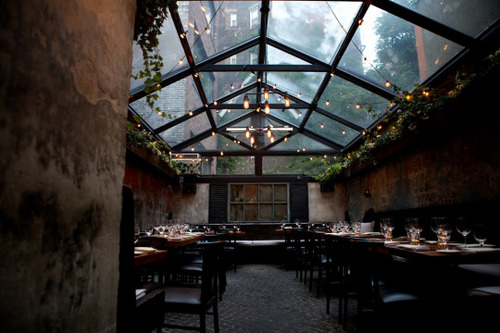Global property funds and private equity are targeting the Singapore luxury property thanks to a very attractive price gap that sees the housing market in the South East Asian region 165% lower than in other hot spots like London, New York or Hong Kong.
The Singaporean market peaked in 2011. However, the decline that followed registered a 15-25 percent drop in prime residential prices. Encouraged by the lowest value on the high-end market, mostly Americans, Chinese, Indonesian, and Malayan investors have been buying property in block deals. That translates to multiple apartments.
After all, who can resist the temptation of owning a loft around Orchard Road, the Champs-Elysee of Singapore. Especially since one square foot runs at $2,000. A price that would not even pay for a parking lot on Oxford Street in London.
Why Are American Buyers Investing in Singapore Luxury Property?

Singapore plans to remain the best nation for expats. Singapore’s ABSD, the Additional Buyer’s Stamp Duty rule, was introduced in 2011 as a cooling method to what once was a boiling hot residential market. In an attempt to decrease the sharp prices, the government added 15 percent to the purchase price for non-permanent residents in the country. At the same time, PRs who buy residential properties in Singapore are submitted to lower ABSD rates. The first purchase comes with an additional 5%, while the second doubles to 10%.
Non PRs seem to have taken the difference in costs insulting, seeing their interest waned in the last years. However, there are still those lucky individuals whose home governments have managed to close tax exemption treaties with Singapore. Among them, we name the US, Lichtenstein, and Switzerland.
In the end, maybe the twist in the plot that sees Americans dominate the list of prized investors in this far-away market is not that much of an unexpected development.
The ABSD rule also complies buyers to sell. The government has vowed not to allow investors to comfortably sit on unsold units waiting for greener pastures to materialize in the future. Developers who fail to sell their properties within 5 years from acquisition date will pay the 15 percent.
The Danger of a Sliding Economy

In a report released this month, the Singapore’s Urban Redevelopment Authority showed that the Singaporean residential market dropped at a record speed. Home prices fell from 1.5 percent to 137.9 in the third quarter, the worst in seven years.
Indeed, the city state has seen far worse. In 2009, the global financial crisis tsunami blasted the Asian economy. It flooded Singapore with the lowest residential market value at a worrying 4,7 percent slide in home prices.
Singapore luxury property may be running dirt cheap now compared with the rest of the world’s high-end residential market. However, future trends shift. In the investors’ arena in Lion City, a possible economic contraction is food for thought, at least.


